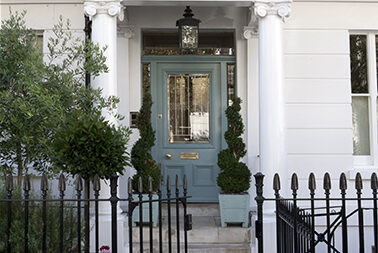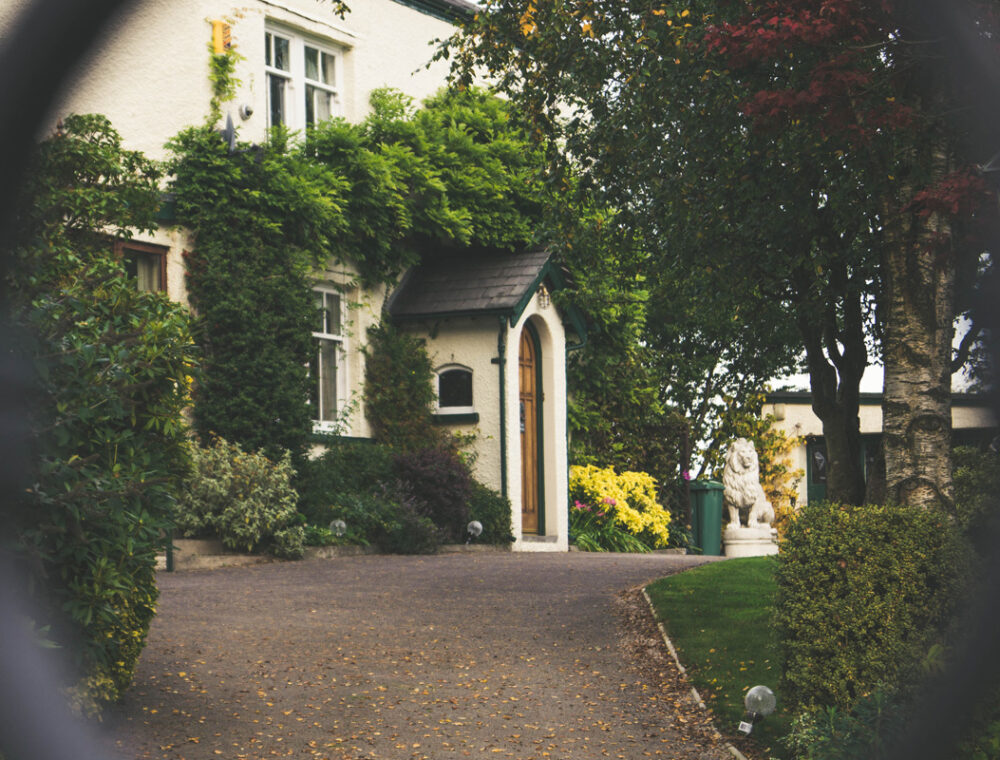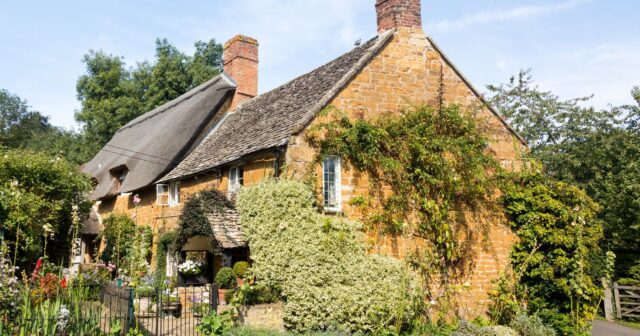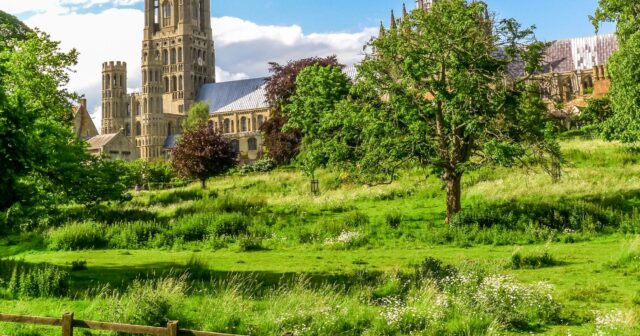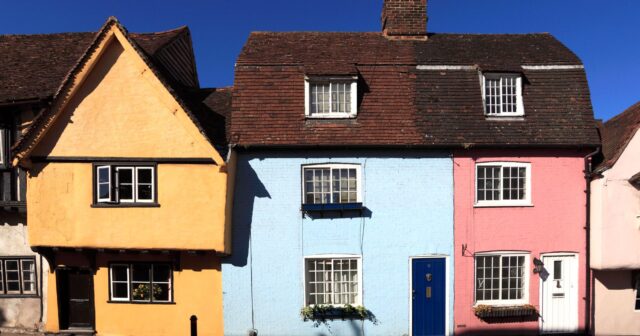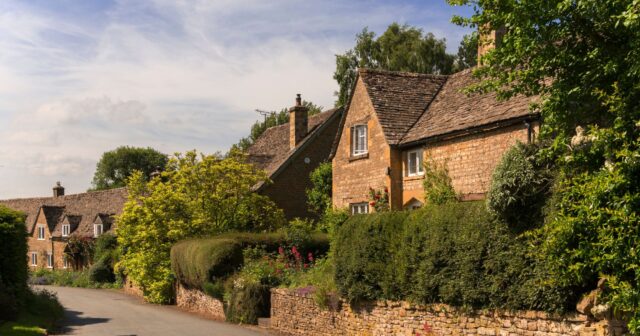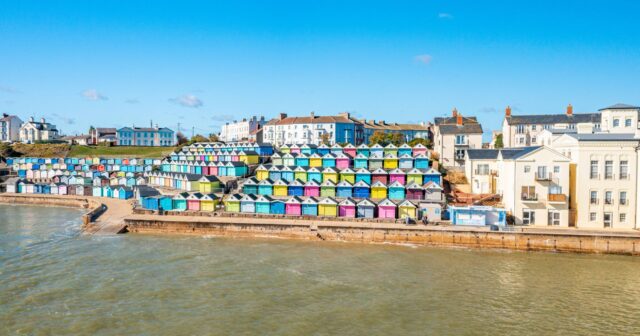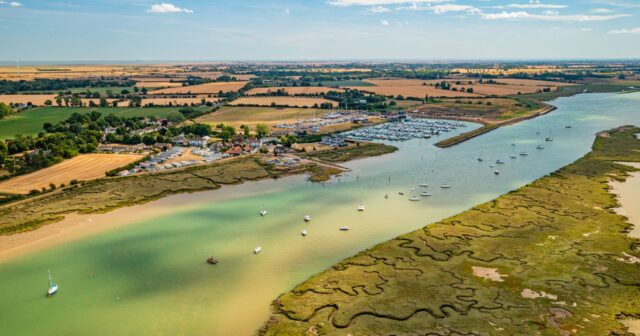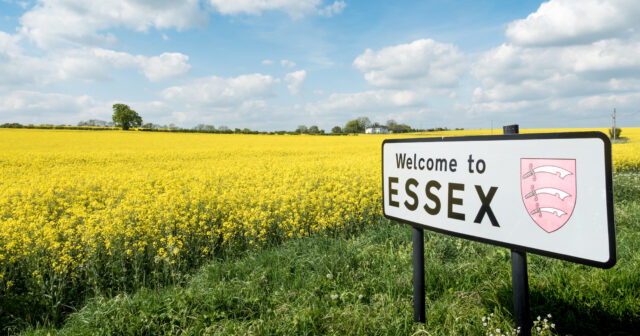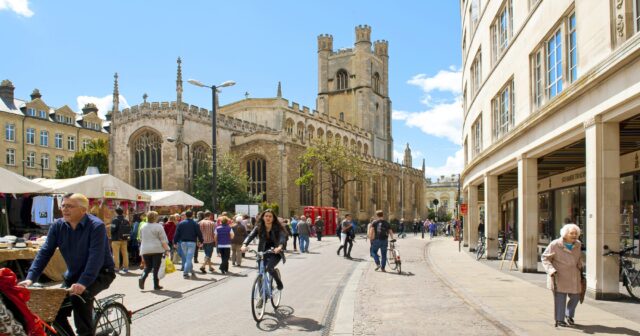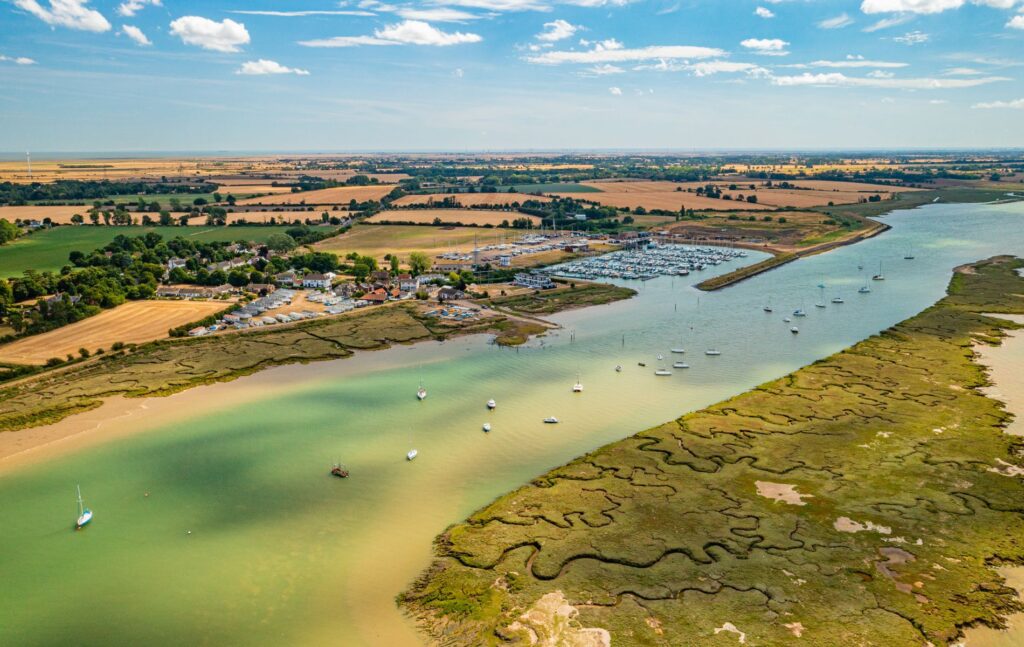
Buying a holiday home can be a wonderful experience; the prospect of owning a second home, a place to enjoy at your leisure with family and friends can be incredibly exciting.
With greater working flexibility and an increase in appetite for UK holidays, the interest in buying a holiday home has grown in recent years. Not only does it appeal to have your own personal bolthole in your preferred holiday destination, but a holiday home can also generate additional income if bought well with investment in mind.
However, there are numerous aspects to consider to ensure the chosen property meets both personal and financial expectations, especially if you are buying it with investment in mind. This article offers advice from professional buying agents on how important it is to conduct thorough research and planning when buying a holiday home.
What is a holiday home?
A holiday home is a property primarily used for leisure and relaxation, typically purchased in a different location from a primary residence. Not only can a holiday home offer owners a great place to stay, a home from home away from their main residence, but it can also serve as a long-term investment.
Bought well it might deliver some passive income if let to holidaymakers when the owners aren’t using, and over time potentially accrue capital appreciation.
What is the difference between a holiday home and a second home?
The main difference between a holiday home and a second home is the usage. Second homes serve as supplementary residences, while holiday homes will also often serve as supplementary residences, they are likely to also be let to others and may be operated commercially by the owners as an investment.
Benefits of a holiday home
There are many benefits of a holiday home, including but not limited to the following:
Personal bolthole
A holiday home can be a wonderful home-from-home, a personal bolthole to enjoy at your leisure.
Income generating investment
Another benefit of owning a holiday home is that bought well, it can generate income through rentals when not for personal use.
Future retirement plan
A holiday home can also transition into a permanent residence once you retire.
Share with family and friends
A holiday home can be a great space to share with family and friends. Finding a home that meets your requirements in a location that is easy enough to reach for everyone can make it a perfect joint holiday space.
Drawbacks of a holiday home
There are also some drawbacks associated with owning a holiday home
Costs of buying
Typically, property in prime tourist locations can be more expensive meaning you may have to pay a premium. Especially if you want to secure a home with sea views or in a particularly secluded spot.
Upkeep and maintenance
Holiday homes will inevitably require regular maintenance and have general upkeep costs that come sometimes be overlooked. A full buildings survey prior to buying a property will ensure you are away of any work that might be required. If you’re buying a property that is an existing second home or used for holiday lets and there are fixed costs such as service charges or perhaps the owner pays for a regular gardener, they’ll be able to provide this information.
Cost of proper management
If you’re planning on letting the property, unless you are knowledgeable on holiday property management and live locally it is ill-advised to embark on managing the property yourself so you will need to engage a professional holiday property management company.
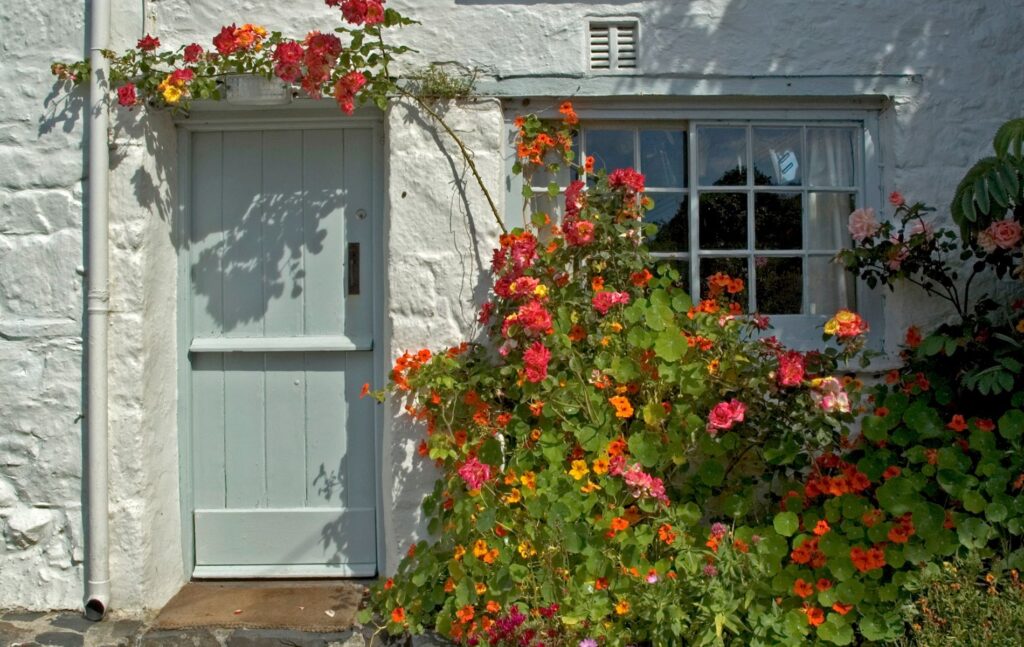
Top tips for buying a holiday home
- Focus on your priorities for the property – is it for personal use or will it be a commercial business?
- Location – if you’re buying in a holiday hotspot, are you within close proximity of a beach or lake, or local walking routes that are one of the main reasons people visit the location you’re buying within? Not only will this impact any letting of the property but the location will affect resale value too.
- Be wary of hidden costs – If you’re considering buying a holiday home and letting it be wary of the cost of low season, planning for this will ensure you’re not out of pocket.
- Find a reputable management company – it’s unlikely that your holiday home will be within a short distance of your main property, or that you have holiday property management experience so on this basis it’s important to find a reputable local management company who will oversee the property on your behalf.
- You might need a special mortgage – if you’re buying a holiday home solely for your own use you will likely only require a normal residential mortgage. If you’re buying a holiday home with the intention to let it, you will potentially require specialist lending which you should discuss with a professional financial advisor.
- Insurance on a holiday home – Specialist insurance is also advisable if you are planning on letting your holiday home, to cover for things such as public liability and accidental damage.
- Holiday home criteria – If you’re buying a holiday home with the intention of letting the property, it might be that you must meet certain criteria such as the property being furnished and available for occupancy for a minimum period.
We are not financial advisors or insurance experts and would advise individuals to speak to relevant professionals regarding these matters.
How is the Stamp Duty rate affected when purchasing a holiday home?
When purchasing a holiday home, the Stamp Duty Land Tax (SDLT) rate is higher as it is deemed to be an ‘additional property’.
Under the current Stamp Duty Land Tax arrangements, this would mean that an extra 3% is added to the standard SDLT rates. For example, if the property cost is £250,000, the SDLT rate for first-time buyers would be 5%, while for a holiday home, it would be 8%.
Together with location research and due diligence surrounding a property that is being seriously considered. Researching the current SDLT rates and taking into consideration any changes in government policies can help in making an informed decision about acquiring a holiday property.
How is council tax affected when purchasing a holiday home?
Some local councils charge a higher council tax rate for holiday homes, which could increase the overall cost of owning a second property.
It’s advisable to research how council tax might be affected in a specific area before committing to a purchase.
Professional guidance when buying a holiday home
A professional buying agent can provide valuable knowledge and guidance when buying a holiday home. From location specifics to which properties are likely to appeal to the holiday rental market in the area.
To talk to a member of the team about buying a holiday property, please do get in touch.
